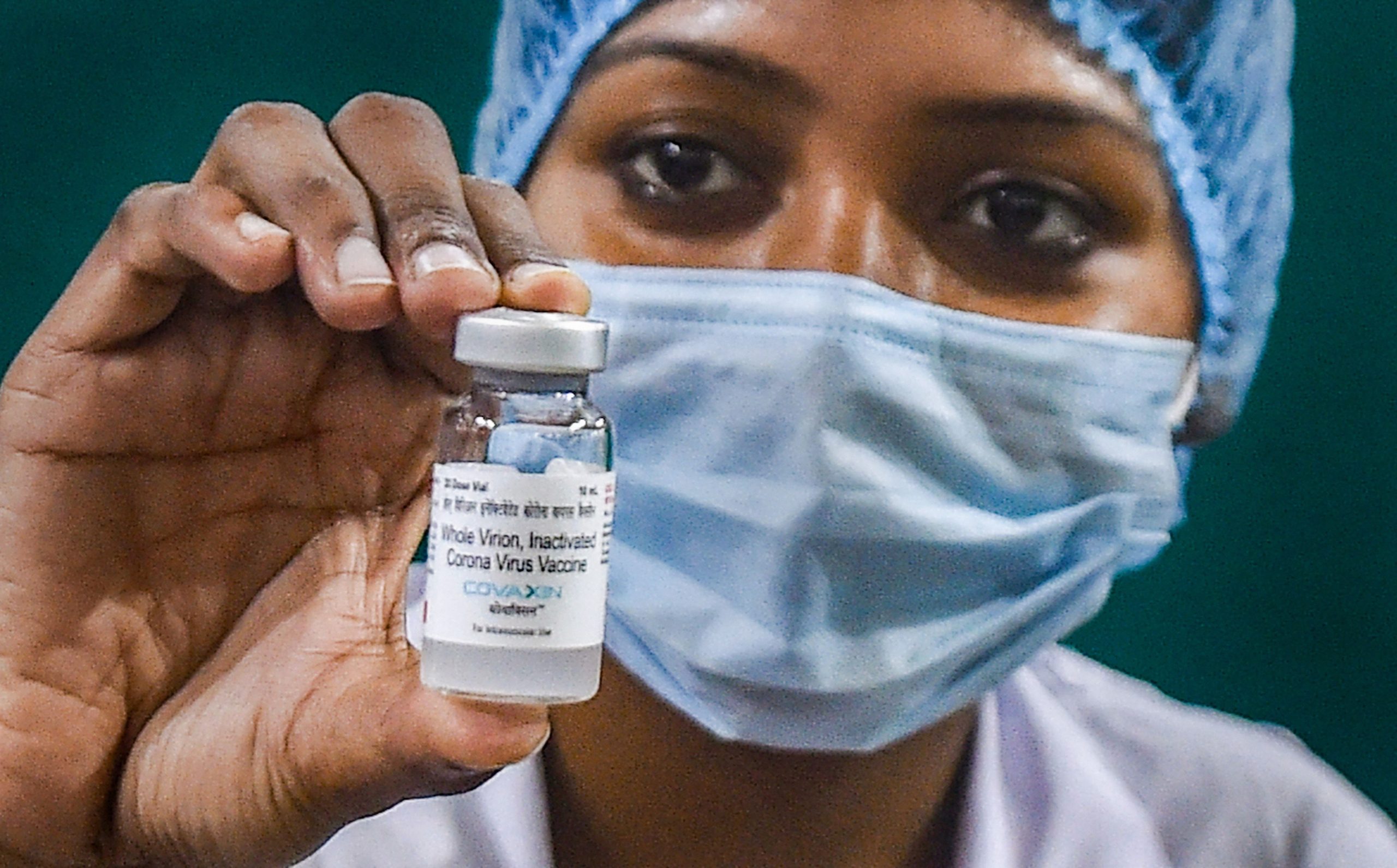With omicron
variant of coronavirus cases being reported from several parts of the country,
India’s National Technological Advisory Group on Immunisation (NTAGI) is
mulling an additional vaccine dose for people most at-risk, officials told the
Press Trust of India (PTI). The additional dose, for now, is only being considered
for immunocompromised people such as those battling cancer, have undergone
transplants and AIDS patients.
According to
Indian health officials, an additional dose of the vaccine is not the same as a
‘booster shot’. This, they say, is because a booster dose is administered to a
person after a predefined period when the immune response due to the primary
vaccination is presumed to have withered.
Also Read | Thai newspaper’s ‘hunts African visitors’ headline draws COVID panel ire
On the other hand,
additional doses are given to immunocompromised individuals for whom the
regular dose of vaccination does not afford optimum protection against
infection and disease, officials said.
The detection of
the highly-mutative omicron variant in South Africa’s Gauteng province last
month has raised questions about whether existing vaccinations will be able to
beat the new variant. The Serum Institute of India (SII), the pharmaceutical
firm manufacturing the AstraZeneca-based Covishield vaccine and the biggest
vaccine manufacturer in the world, has already applied request for approval of
a booster dose.
Also Read | Omicron could replace Delta variant, warns British scientist
In the
application, SII has claimed that the United Kingdom has already approved a
booster dose of the AstraZeneca vaccine and the firm has enough stock to be
able to afford a booster dose. On November 29, the Indian SARS-CoV-2 Consortium
on Genomics (INSACOG) recommended booster shots for people above the age of 40
with a preference to high-risk and high-exposure populations.
Union Health
Minister Mansukh Mandaviya recently said in the Lok Sabha that the issue of a
booster dose is not on agenda right now and that studies are being conducted to
ascertain its need and value. He added that NTAGI and the National Expert Group
on Vaccine Administration for COVID-19 were deliberating and considering
scientific evidence related to this aspect.







